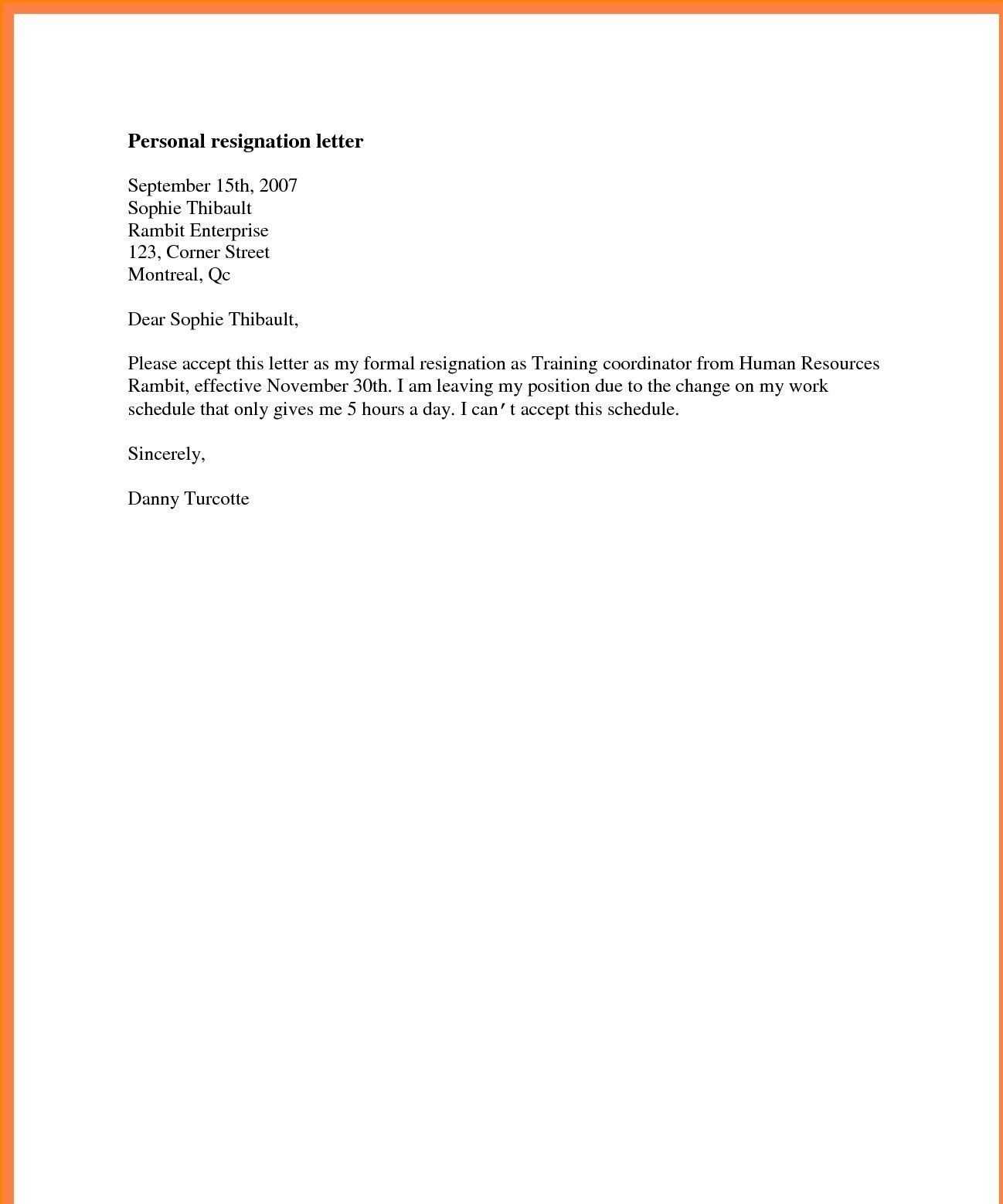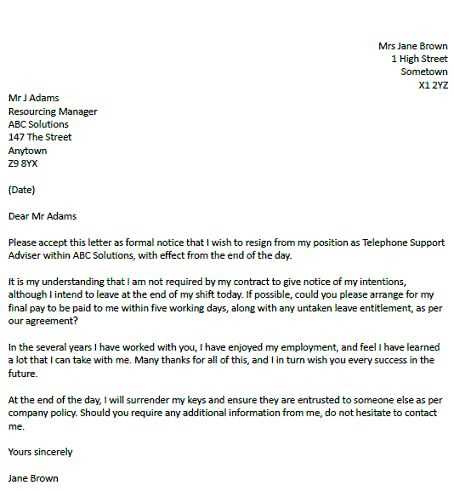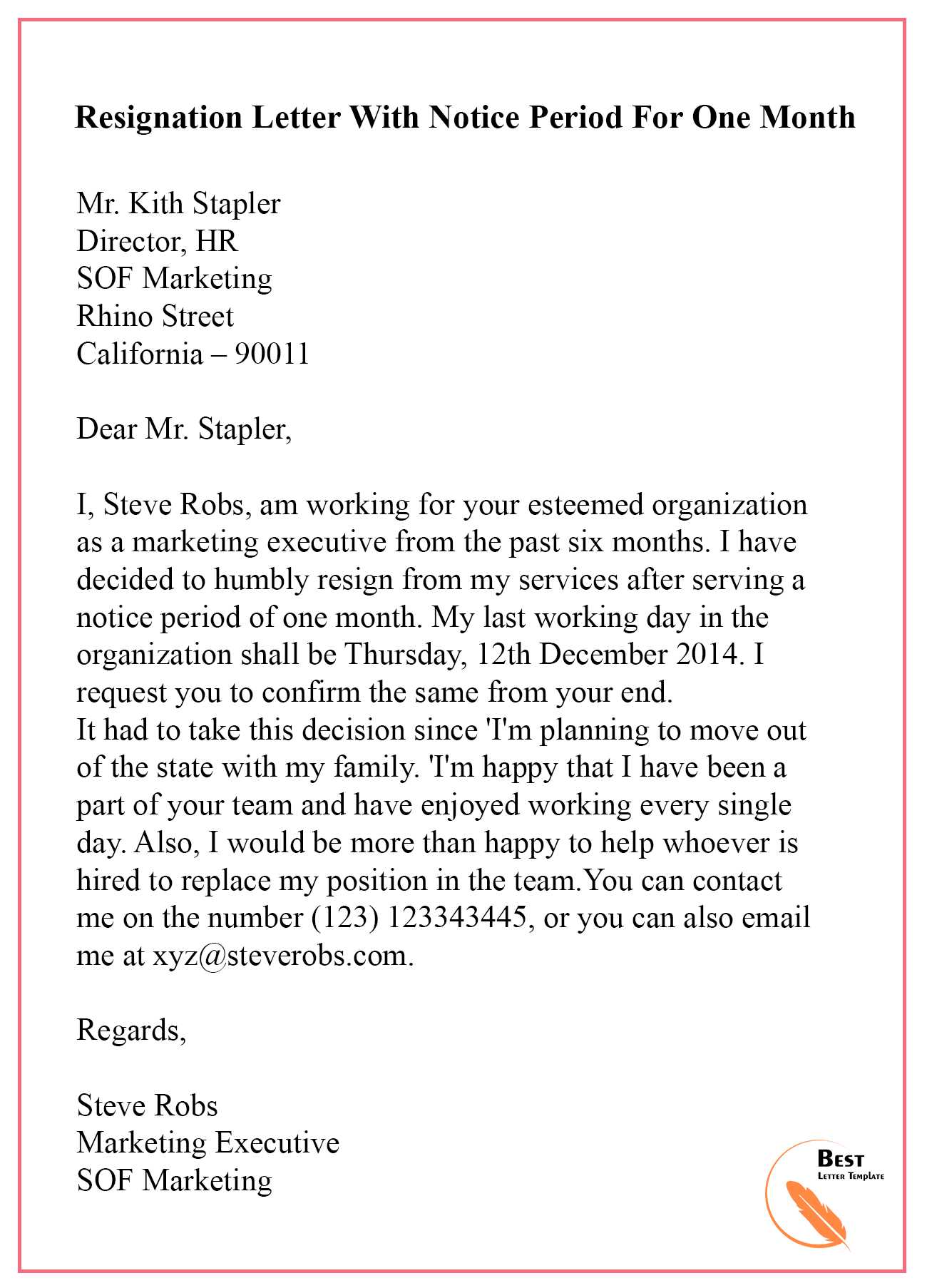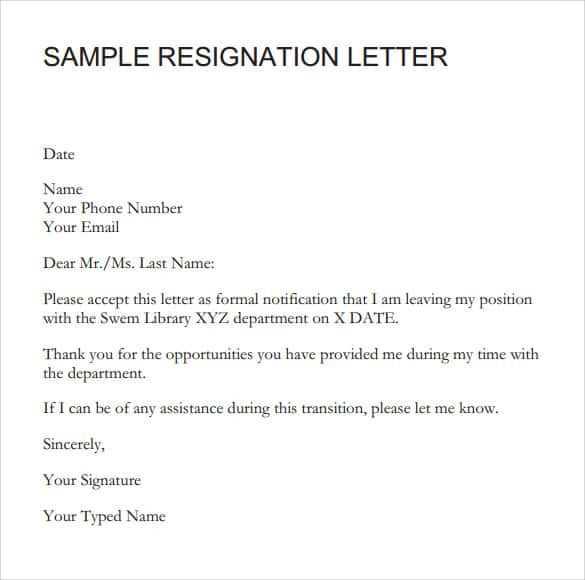Resignation Letter Without Notice Template for Professionals

Leaving a job unexpectedly can be a challenging situation, but it’s important to handle it in a professional manner. In these circumstances, communicating your departure effectively is crucial to maintaining a positive relationship with your employer and colleagues. It’s essential to keep your message clear, respectful, and concise.
Whether due to personal reasons, health issues, or other urgent matters, there are times when leaving a position quickly becomes necessary. Knowing the right way to express this decision can make the process smoother for both you and your employer. A well-crafted message can ensure that you part on good terms, despite the abruptness of the situation.
Emphasizing professionalism in your communication is key to leaving a lasting positive impression. By using an appropriate format and choosing your words wisely, you can navigate this delicate task with confidence.
Why You Might Need a Resignation Letter
There are various situations where you may need to communicate your decision to leave a job unexpectedly. It’s important to understand the value of documenting your decision, even when you are unable to provide advanced warning. A written notice serves as a formal way to inform your employer and ensure your departure is handled professionally.
Maintaining Professionalism in Unforeseen Circumstances
Unexpected departures can happen due to personal emergencies, health issues, or sudden life changes. Regardless of the reason, handling your exit with respect is crucial for maintaining your professional reputation. Here are a few reasons why it’s important to write a formal communication:
- It allows you to remain respectful and courteous, even in challenging situations.
- It can help preserve your relationships with colleagues and management.
- It serves as a clear record of your decision, reducing any potential confusion.
Clear Communication of Your Intentions
Clearly expressing your intentions in writing helps set expectations for both you and your employer. By articulating your reasons for leaving and confirming your departure, you create transparency and avoid misunderstandings. A well-crafted message can leave the door open for future professional connections.
Understanding the Consequences of Leaving Without Notice
Deciding to exit your job abruptly can lead to various consequences, both for you and your employer. While it might seem like a quick solution in some situations, it’s important to recognize the potential impact on your career and professional reputation. Leaving without a proper formal communication can create difficulties for the company, your coworkers, and even your own future prospects.
Short-Term Effects
In the immediate term, leaving unexpectedly can cause disruption within the team. Here are a few challenges that may arise:
- Temporary gaps in your responsibilities, which can stress other team members.
- Potential delays in ongoing projects or tasks that you were handling.
- Missed opportunities for the employer to find a suitable replacement in a timely manner.
Long-Term Repercussions
Beyond the immediate effects, your professional future can also be influenced by how your exit is handled. Employers may be reluctant to give a positive reference, and colleagues may view your departure as unprofessional. This can have long-term effects on your career growth and networking opportunities.
Key Components of a Resignation Letter
When informing your employer about your decision to leave unexpectedly, it’s important to structure your communication thoughtfully. A well-organized message ensures that all necessary points are addressed clearly and professionally. Even though the situation might be abrupt, outlining your intentions in a respectful and clear manner can leave a positive impression.
Essential Elements of a Professional Message
In any formal departure communication, there are a few critical elements that must be included to ensure your message is comprehensive:
- Clear Statement of Departure – State your intention to leave immediately, without ambiguity.
- Reason for Leaving – While not always required, briefly explaining your circumstances helps provide context.
- Expression of Gratitude – Acknowledge the opportunities and experiences gained during your time with the company.
- Offer of Assistance – If possible, offer help with the transition to ease the process for your employer.
Maintaining Professionalism in Difficult Times
Even in situations where you are unable to provide advance warning, maintaining a professional tone is crucial. By focusing on clear communication and mutual respect, you can ensure your exit is as smooth as possible. This approach not only reflects well on you but also helps preserve your professional relationships in the long run.
How to Keep It Professional and Polite
Even when leaving a job unexpectedly, it’s essential to maintain a professional and courteous tone. Handling your departure with respect can preserve your relationships and reputation within the industry. A polite communication demonstrates maturity and professionalism, which can be valuable for future career opportunities.
Focus on Respectful Language
When crafting your message, choose words that reflect respect for your employer and the organization. Avoid using negative or critical language, even if your reasons for leaving are not ideal. Keep the tone neutral, emphasizing gratitude for the opportunities you’ve had. Here are some helpful guidelines:
- Use formal and neutral phrasing throughout.
- Avoid blame or criticism; focus on personal reasons or circumstances.
- Express appreciation for the role, team, and experience gained.
Offer Support During the Transition

Another way to maintain a positive tone is by offering to assist during the transition period. Whether it’s helping with handing over tasks or training a replacement, showing willingness to support your employer can go a long way. It’s a way of demonstrating that, although you are leaving, you still care about the well-being of the team and the success of the company.
Examples of Resignation Letters Without Notice
When you need to leave a job unexpectedly, having a reference to a formal communication can be incredibly helpful. Below are examples that illustrate how to structure your message. Each example is tailored to different scenarios, ensuring that you can find one that best suits your situation while maintaining a professional tone.
Example 1: Personal Emergency
This example shows how to handle a sudden departure due to personal reasons while expressing gratitude for the opportunity.
| Dear [Manager’s Name], |
|
I am writing to inform you that, due to unforeseen personal circumstances, I must leave my position at [Company Name] immediately. I regret that I am unable to provide notice as I had hoped. |
|
I have greatly appreciated my time with the team and the opportunities I’ve had. I apologize for any inconvenience this may cause and am happy to assist with the transition if needed. |
|
Thank you for your understanding and support during this time. |
|
Sincerely, |
|
[Your Name] |
Example 2: Health Reasons
If health issues are forcing your decision, this example illustrates how to communicate this respectfully.
| Dear [Manager’s Name], |
|
I regret to inform you that, due to ongoing health issues, I must step down from my position at [Company Name] immediately. Unfortunately, my situation requires immediate attention, making it impossible for me to provide the usual notice period. |
|
I am deeply grateful for the support and opportunities provided during my time here. Please let me know if I can assist with any transition processes from my end. |
|
Thank you for your understanding, and I apologize for any inconvenience this may cause. |
|
Best regards, |
|
[Your Name] |
Customizing Your Template for Different Situations

When it comes to leaving your job unexpectedly, tailoring your message to fit your specific circumstances is crucial. Whether you’re departing due to personal reasons, a health crisis, or a career change, adjusting your communication to reflect your situation will help maintain professionalism. Each scenario requires different phrasing to ensure that you leave on good terms, while also being transparent about your situation.
Adapting for Personal or Family Emergencies

If you need to leave suddenly due to a personal or family emergency, it’s important to keep the tone respectful and understanding. Acknowledge that the sudden departure may cause inconvenience, but express gratitude for the opportunity and offer support during the transition if possible.
- Be concise and explain the situation briefly.
- Apologize for the sudden nature of your departure.
- Offer to assist with any transition tasks, even from a distance, if feasible.
Adjusting for Health or Medical Reasons
In cases where you are leaving due to health concerns, it’s essential to maintain a professional yet empathetic tone. You do not need to go into great detail, but providing a general explanation will help your employer understand your need to leave immediately. Expressing gratitude for the experience will also help leave a positive impression.
- Keep the explanation simple and avoid too much personal detail.
- Offer to provide assistance with a transition, even if it’s just sharing important information.
- Ensure the message conveys a sense of appreciation for your time with the company.